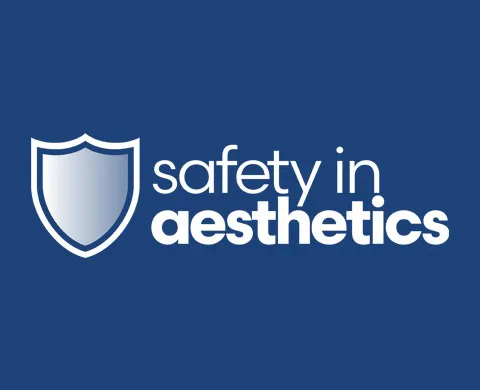With the rapid growth of the aesthetics industry, choosing a qualified practitioner is crucial to ensuring safe and effective treatments.
Here’s how to verify their credentials and expertise.

Always check if your practitioner is a registered healthcare professional, such as a doctor, nurse, or dentist. Verify their credentials through regulatory bodies like the General Medical Council (GMC), Nursing and Midwifery Council (NMC), The General Dentistry Council (GDC) or the British College of Aesthetic Medicine (BCAM). Appropriately qualified and experienced regulated healthcare practitioners are trained to handle complications and ensure proper hygiene standards.
Beyond initial healthcare training qualifications, practitioners should provide evidence that they have acquired appropriate post-qualifying accredited aesthetic training.
Organisations like ConsultingRoom.com and the Joint Council for Cosmetic Practitioners (JCCP) set standards for aesthetic treatments (The JCCP also sets national education and training standards).
You can use the ConsultingRoom.com search or the JCCP search to check if your practitioner is trained.
Experience plays a significant role in achieving safe, satisfying results.
Look for practitioners with a strong track record in your desired procedure.
Check online reviews, ask for before-and-after photos, and inquire about their years of practice.
A thorough consultation can provide deeper insights into their expertise.
A professional consultation should address your concerns, medical history, and treatment expectations. A qualified practitioner will take time to discuss potential risks and create a personalised plan without pressuring you into immediate treatment. A qualified practitioner will always provide you with a cooling off period and a summary of the benefits and risks associated with your proposed treatment plan.
By following these steps, you can confidently choose a qualified aesthetic practitioner who prioritises safety and excellence.